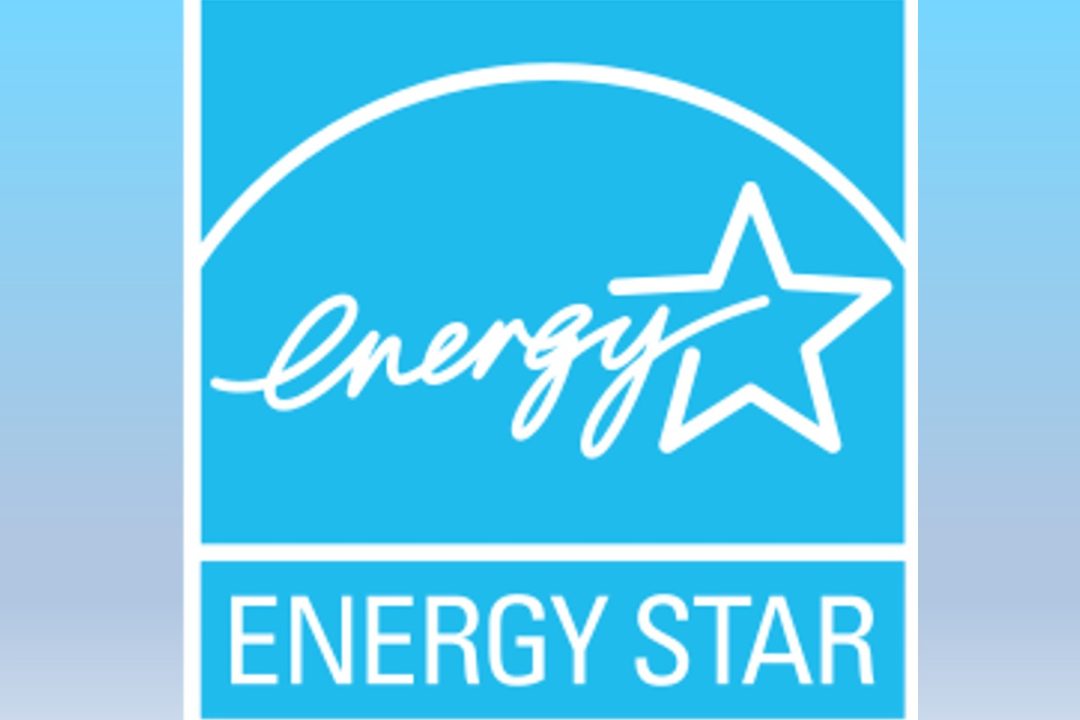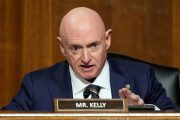
President Donald Trump’s plan to shutter the Environmental Protection Agency’s (EPA) Energy Star program is being portrayed in the media as harming both consumers and the environment — but others in the know, including federal agencies, beg to differ.
Instituted in 1992, Energy Star is a voluntary program that certifies that home appliances meet certain criteria for energy efficiency. Consumers buying appliances with the Energy Star logo believe they will be saving energy, and perhaps the planet, by doing so. In addition, they may receive federal tax credits for the purchase of such appliances.
According to the Energy Star website, the program has saved consumers over $500 billion in energy costs and reduced “greenhouse gas emissions” by four billion metric tons.
Energy Star Wars
On Tuesday, The New York Times reported:
E.P.A. managers announced during a staff meeting on Monday that divisions that oversee climate change and energy efficiency would be eliminated as part of an agency reorganization. That includes the E.P.A.’s climate change office as well as the division that oversees Energy Star.
The Times and other mainstream outlets, naturally, were aghast that such an obviously beneficial program would be shut down. They quoted proponents of the program such as Alliance to Save Energy President Paula Glover, who told both the Times and CNN, “Eliminating the Energy Star program would directly contradict this administration’s promise to reduce household energy costs.”
They also portrayed the move as denying valuable information to consumers. Snuffing out Energy Star “would end a decades-old program that gave consumers a choice to buy environmentally friendly” appliances, wrote The Associated Press. AP interviewed Sarah Gleeson of “the climate action nonprofit Project Drawdown,” who “said losing Energy Star will make it harder for consumers to have trustworthy information about products’ energy use.” And the Times recalled that Trump’s attempt to eliminate Energy Star during his first term “prompted a backlash from lawmakers in both parties who said privatizing it could lower the program’s standards.”
The Auditors Strike Back
All of this, of course, is based on two unfounded assumptions: (1) that Energy Star provides trustworthy information to consumers; and (2) that only a government agency can supply such information.
In reality, Energy Star has “received multiple unsatisfactory reports from federal government audits” finding that its ratings are anything but trustworthy, reported the Daily Caller. For example:
A March 2010 report from the Government Accountability Office (GAO) found that Energy Star was “vulnerable to fraud and abuse.” GAO’s report also found that the Energy Star program’s controls that were in place at the time did not ensure that products actually met efficiency guidelines.
Other audits were similarly negative. Inspectors general from both the EPA (in 2007) and the Department of Energy (in 2009) discovered that no one was verifying that products labeled Energy Star-compliant genuinely qualified for that designation. Another EPA audit questioned “the assumptions used to calculate energy savings and greenhouse gas reductions attributed to this program.” Still another concluded that the program had “sought to maximize the number of qualified products available at the expense of identifying products and practices that maximize energy efficiency.”
Return of the Jet-Dry
“I guess the nicest thing I can say about the Energy Star program is that it’s not as bad as the energy efficiency regulations, because those are mandatory,” Ben Lieberman, a senior fellow who specializes in environmental policy at the Competitive Enterprise Institute, told the Daily Caller.
But, he cautioned:
I think the program has been misused in a variety of ways. Environmental groups tend to pressure the big retailers to only carry Energy Star products, [and] a lot of the tax credits that the government extends for [home] appliances only apply to the energy efficient or Energy Star models. So, it’s not as voluntary as it is made out to be … There’s also concerns that they’re trying to use the Energy Star program to pursue a climate agenda.
Compounding the problem is the program’s definition of “energy-efficient.” The EPA only cares about the amount of energy an appliance uses during its cycle, not whether that cycle achieves the desired outcome.
“If you have to run an energy-efficient dishwasher twice to get the job done, then that’s not efficient,” former Virginia Deputy Attorney General John Kennerly Davis Jr. told the Daily Caller.
“Energy efficiency is not task efficiency,” he explained, “and that’s why getting rid of this whole program is a very good thing for efficiency.”
May the Choice Be With You
Besides, the notion that only the government can provide high-quality information about products is plainly contradicted by the wide variety of private sources of such information. From Consumer Reports to product reviews on Amazon, anyone can easily learn all about a particular product before buying it.
As Diana Furchtgott-Roth, director of the Heritage Foundation’s Center for Energy, Climate, and Environment, told the Daily Caller:
Just the same as we choose many products without a government rating, we can choose our iPhones without a government rating, we can choose our lawnmowers without a government rating. Think about all the appliances we buy every day that do not have a government rating … we do not need a government rating to be able to choose lower-energy use appliances if this is what we want.
What we do need is a government that abides by the Constitution. Getting rid of Energy Star is one small step in that direction.




